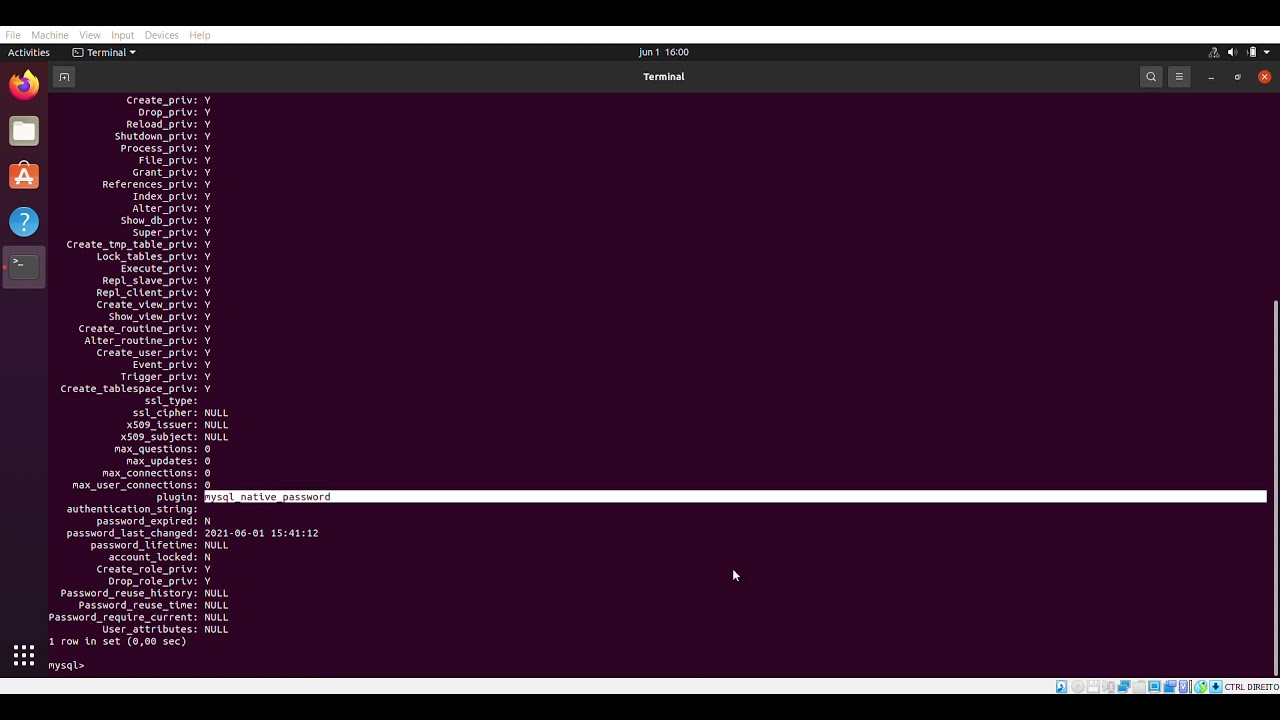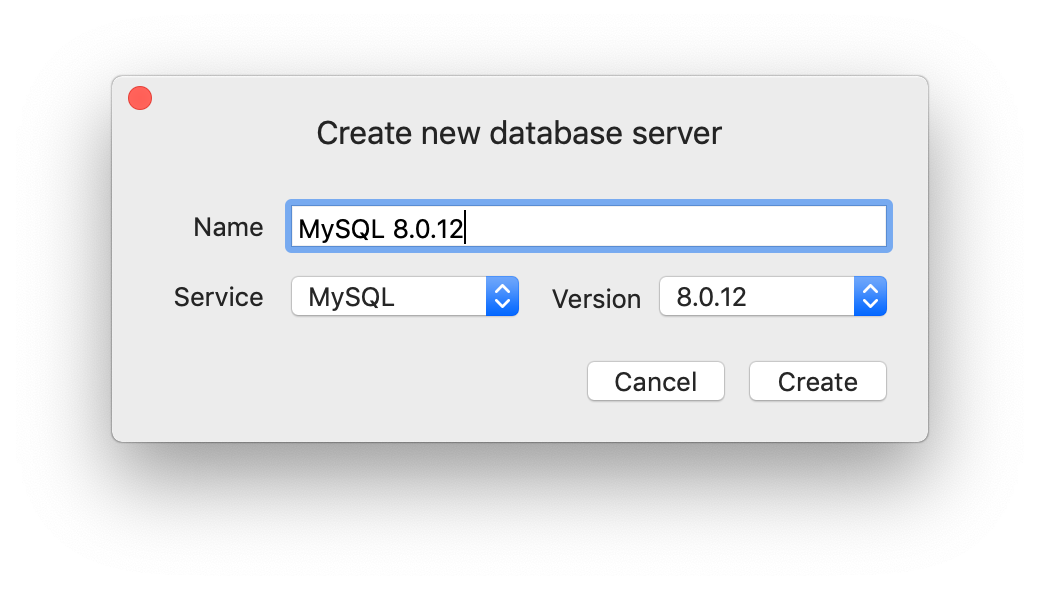


Let’s now verify if the MySQL client and server have been installed. If you are planning to query your MySQL database using a DB connector API from your code, you can skip the installation of MySQL client, however, it is recommended that you install it anyway as it helps in debugging. Note that in production environments, usually the server is installed on a separate dedicated machine and only clients are installed on local machines. sudo apt install mysql-client mysql-server Now we can install both MySQL client and server. Let’s first update the Ubuntu repositories. They are available in packages mysql-server and mysql-client respectively. MySQL server and client are packaged separately in Ubuntu repositories. In this article, we will see how to install MySQL on Ubuntu 20.04 LTS. Download the ISO for Ubuntu Server 16.04.7, which uses the MySQL 5.7 release by default (unless you manually override it to use MySQL 8. It is also required if you want to use it as a database for your development project. MySQL is required on your local machine if you want to install server-based software like WordPress or Drupal, which use MySQL database to store data. A rich set of MySQL connector APIs has been developed by open source communities worldwide for a large number of programming languages. The release cycles of Ubuntu and MySQL do not exactly match hence in some older Ubuntu versions, the latest MySQL version will not be available in the repository. MySQL is being used worldwide on every popular platform. MySQL is a relational database system owned by Oracle Corporation and it has been a part of the Ubuntu repositories right from its earlier versions. Developed by Oracle corporation, Ubuntu 20.04 contains the latest stable release series of MySQL, viz. MySQL is the go-to database solution for local, free, individual or enterprise usage. Learn how to install MySQL on Ubuntu 20.04


 0 kommentar(er)
0 kommentar(er)
